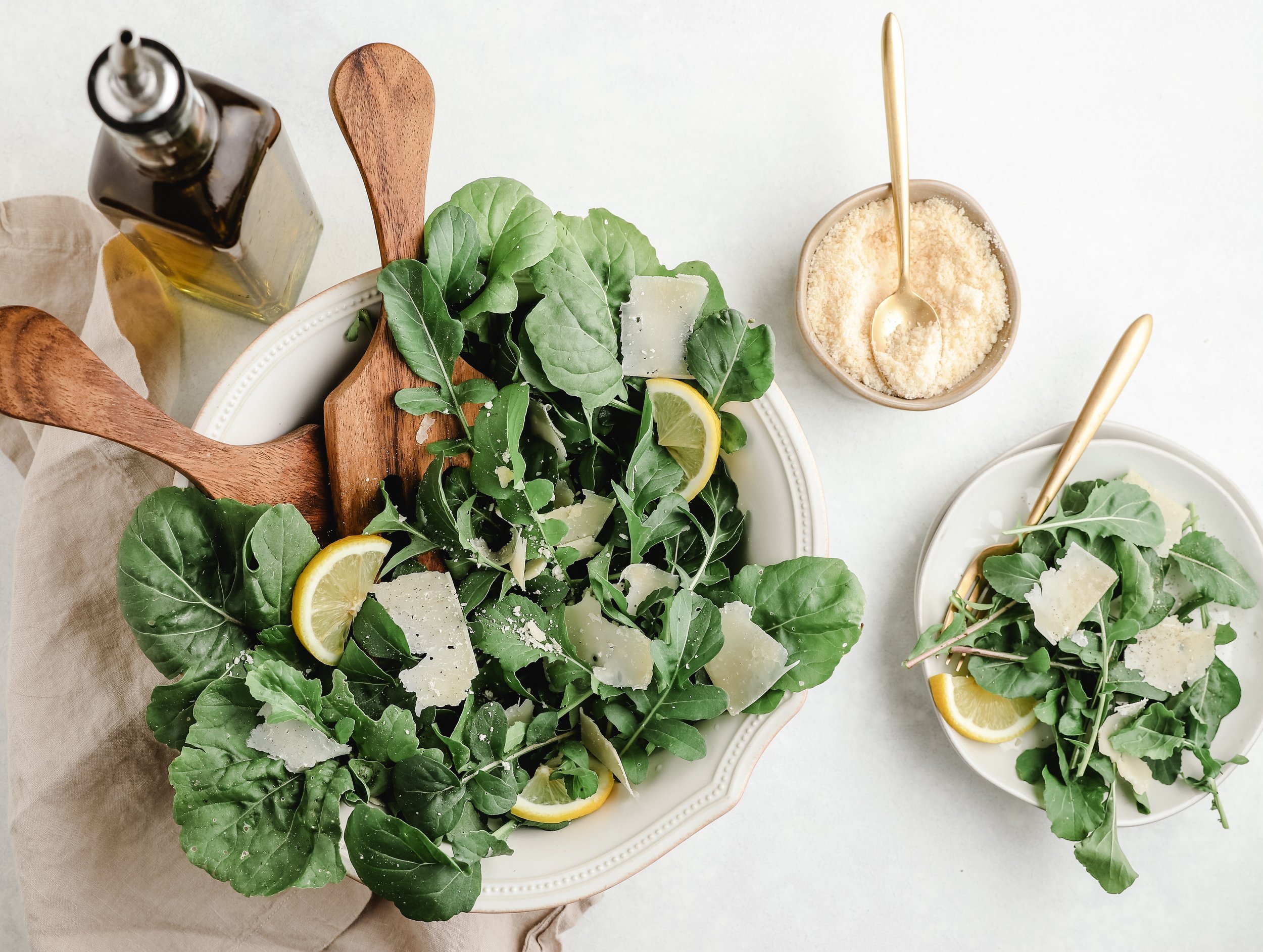
Why Little Things Matter
OVERVIEW and CLASS #1 :
THE FINAL FLOURISH: SAUCES, DRESSINGS, GLAZES
The opening class of Why Little Things Matter finds the participants and the back-by-popular-demand cook/presenter in the kitchen of a residential home. Demonstrations include making tasty pan gravy confidently every time; making salad dressings at home from fresh, natural ingredients; and making fruit glazes to dress up various simple desserts. Attendees follow the recipe step-by-step on hand-outs and assist the cook, as well as sampling the finished products! The class attempts to demonstrate tangibly that, while pan gravy, salad dressings, and fruit glazes, hardly constitute the meal’s most crucial components, these culinary details, done well, can lift a meal, a dish from the usual to the memorable! Each attendee takes home a mini-mason jar of the salad dressing she prepared and step-by-step directions for all the recipes demonstrated.
CLASS #2:
DECORATIVE DETAILS: SMALL SCALE, BIG IMPACT
Choosing the right paint color, selecting complementary fabrics, and arranging the furniture and rugs suited to the room’s scale and architecture….all play an important part in creating attractive and functional rooms in the home. Once these more prominent decorating decisions have been made, the smaller, finishing touches often are more of a challenge! The fireplace mantel, the end and coffee tables, the foyer or hall table and the dining room table afford multiple, creative opportunities to enhance the room’s appeal. Using a variety of small decorative items…lanterns, faux greenery, art prints, candles and candle holders, real and faux fruits, etc.….the presenter demonstrated how to make the most of these decorative details. Small in scale, bigger in impact the decorative accessories chosen can unify, harmonize, and beautify their surroundings. Attendees were given time for Q&A. If time allows, attendees can try their hand at decorating the mantel or table on their own.
CLASS #3:
LITTLE REMINDERS: MINI-CLASS ON MOTIVATORS
This thoroughly enjoyable, hands-on class has the attendees choosing a frame and a printed quotation to assemble and to take home with them. Frames can be of various sizes and types: 2”x 3”, 3”x 5”, 4”x 6”, 5”x8” etc. and made of wood, metal, glass, or clear plastic with or without magnet on reverse side. For this class all the frames were donated, hence, the large assortment; subsequent classes might have uniform frames or the varying frames. The printed quotations support the theme of the seminar and, once home with the participants, serve to remind them of the value-of-little-things message during their day. The quotations themselves come from the Holy Bible, St. Josemaria Escriva, and St. Teresa of Calcutta and are printed on good quality card stock in varying font styles and colors. The artist/demonstrator can provide creative assistance to the participants and additional materials such as framing mats, ribbon, etc. if she wishes. [This class could conceivably be used for many AOL seminars to reinforce the given theme; to stay in keeping with the creative, hands-on nature of the program; and to place a tangible remembrance of the Art of Living in the attendees’ homes.]
CLASS #4:
LITTLE FIXES: MINI-CLASS ON STAINS, SPILLS, AND SCRATCHES
Even in the best regulated of homes, accidents can and do happen regularly! This class gives the necessary practical solutions to common, domestic dilemmas: stains on clothing, linens, and upholstered furniture; water stains (white rings) on wood furniture; and scratches on wood furniture. The class can be tailored to the needs of participants (i.e., mothers of infants and younger children dealing with stained clothing); or can focus on just one of the areas mentioned (i.e., damage to wood surfaces or stains on upholstered furniture); or can be lengthened to a full class to allow for hands-on practice of stain removal, etc. and more discussion with and among attendees.
Mini-classes, while shorter in length (approximately 30 minutes) can help by dividing the group into two, allowing for a smaller group to do hands-on work at one time. Having ample work surface for the full complement of attendees can be a challenge in a residential setting.
